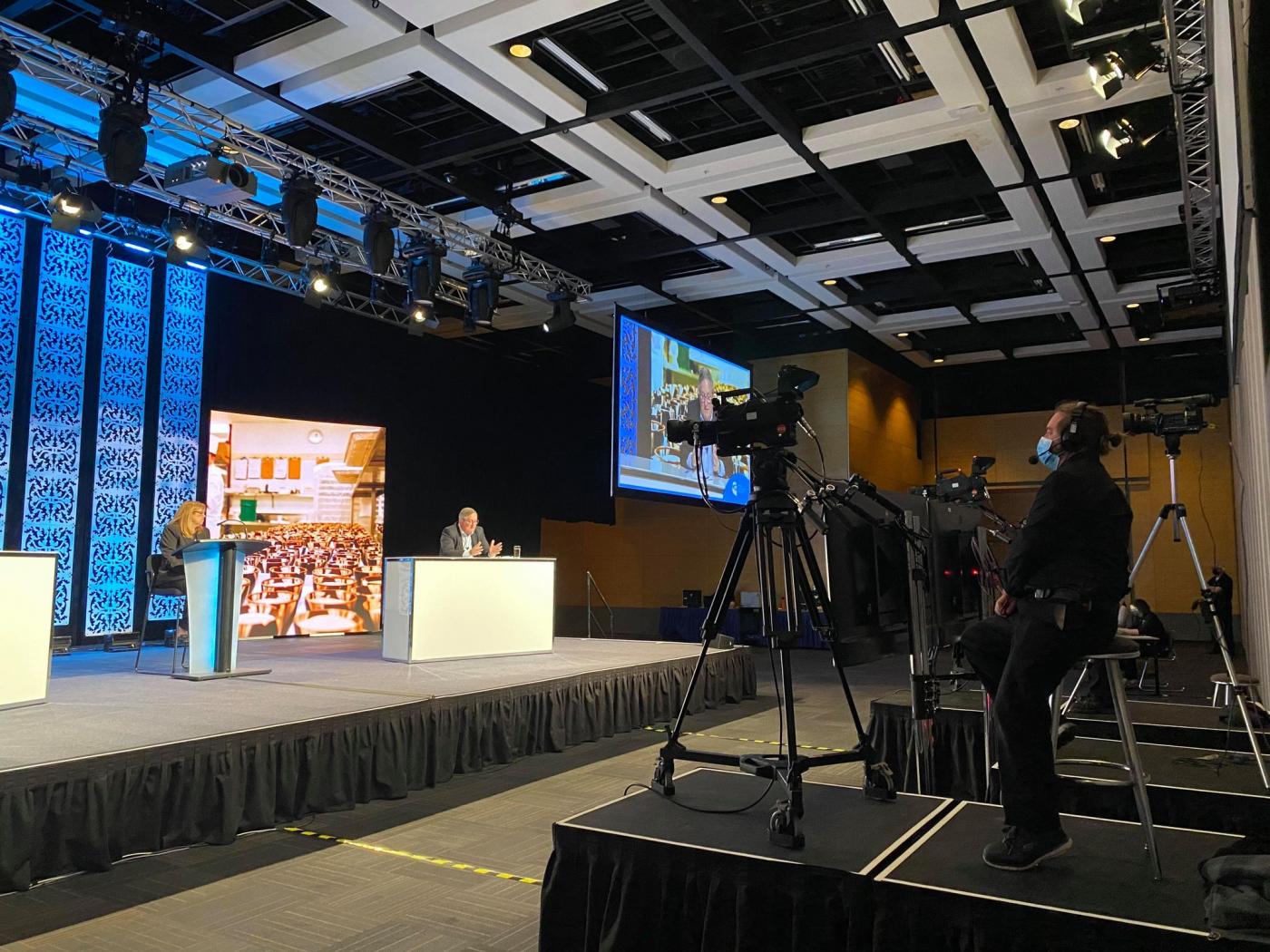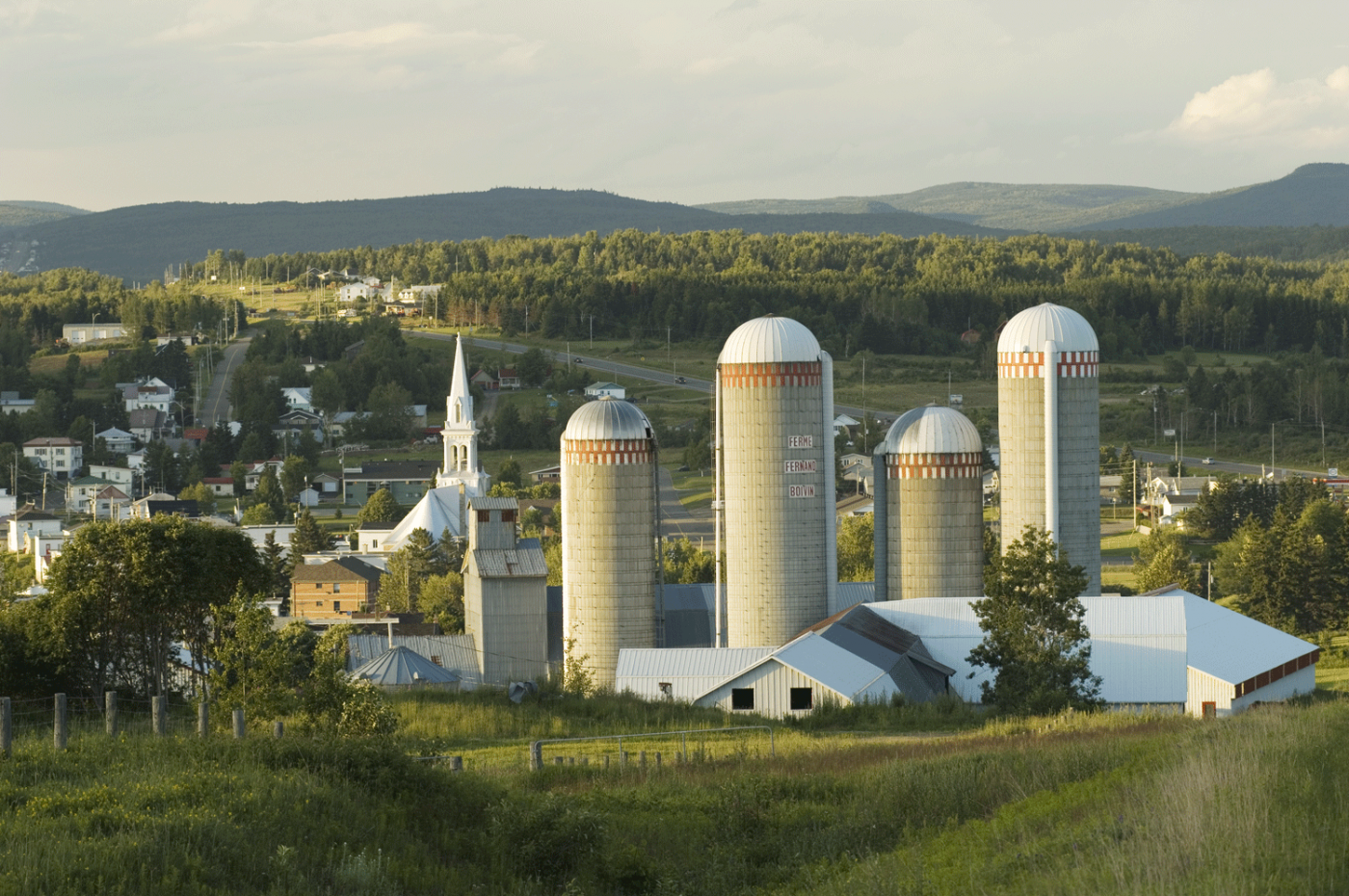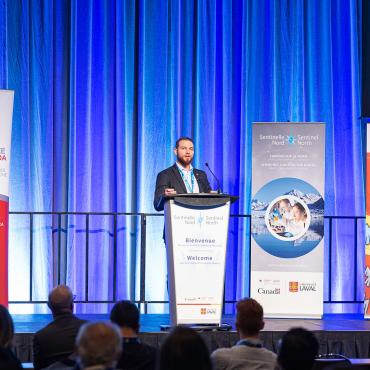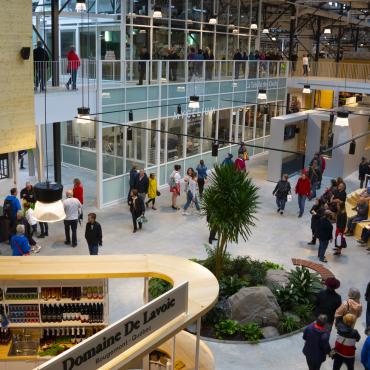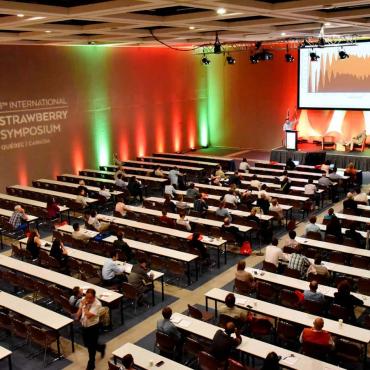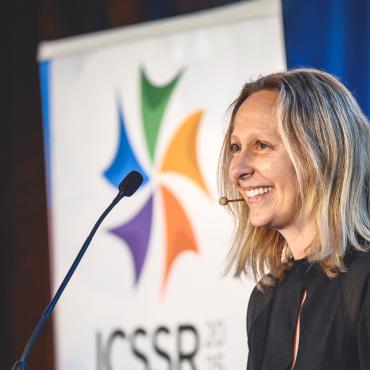5th CIGR International Conference of Agricultural Engineering: Holding a virtual conference
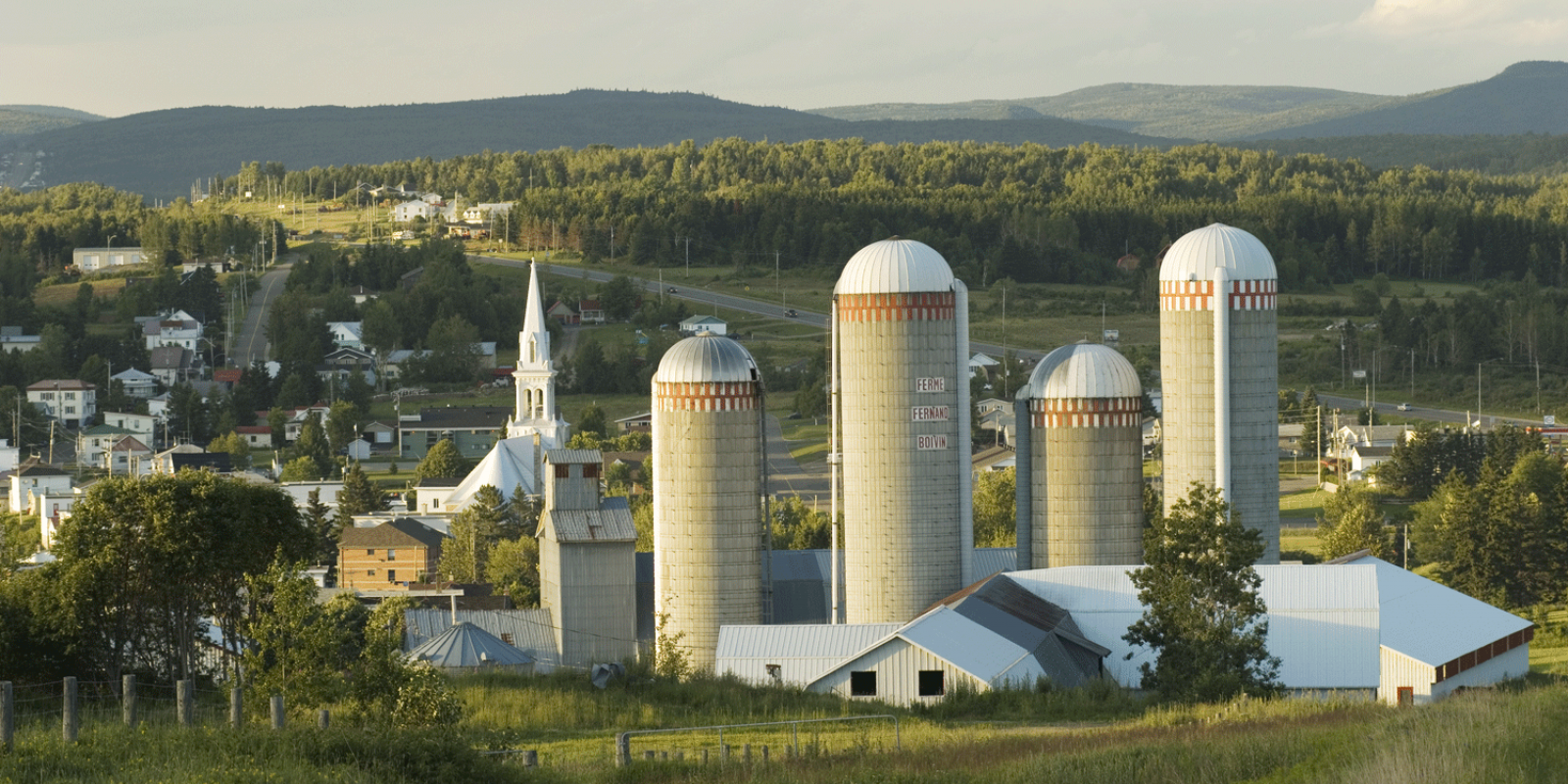
If there is one thing Stéphane Godbout and his team have learned over the past 12 months is how to pivot during a pandemic—and pull off a highly successful virtual event.
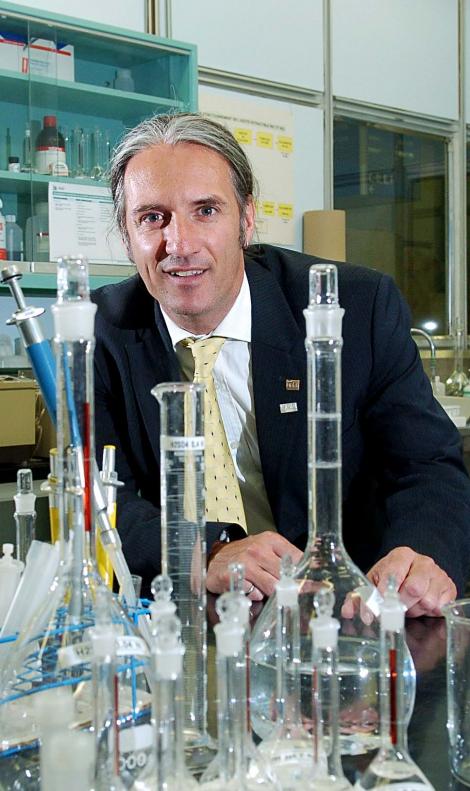
As a research engineer at the Institut de recherche et de développement en agroenvironnement (IRDA), an associate professor at Université Laval’s Department of Soils and Agri-Food Engineering, and member of Québec City's Ambassadors' Club, Mr. Godbout was in the midst of planning the 5th CIGR International Conference of Agricultural Engineering, which was to take place at the Québec City Convention Centre in June 2020, when the global pandemic hit.
“When public health authorities from Québec and Canada prohibited public gatherings to prevent the spread of COVID-19, we initially had to postpone the event,” Mr. Godbout explained. “The situation was evolving at rapid-fire pace. Yet we believed that hosting an in-person event was important for networking and exchanging ideas. We decided to wait and see how long the measures were to be in effect. Naturally, attendees were also disappointed that they could not meet up in beautiful Québec City.”
Holding a food and nutrition industry event virtually
In December 2020, the pandemic showed no signs of abating. The conference’s organization committee, including Mr. Godbout, made the decision to host an online virtual event in May 2021. “The goal was to avoid creating a gap between the conferences, which are held every two years; our event participants—researchers and students from over 50 countries—enjoy the regularity of our conferences to discover new innovations and best practices from their peers. Four years would have been too long,” Mr. Godbout explained.
-
 Québec City Convention Centre
Québec City Convention Centre
The organization committee turned to the Québec City Convention Centre’s partners Conférium and Encore Canada as well as Eklosion to transform the in-person conference into an entirely virtual event, whereby experts from all over the world could connect and participate in an adapted program.
With the technology prowess of Conférium and Encore Canada, conference planners were able to organize keynote presentations, joint meetings, workshops, discussion panels and even technical tours. Eklosion coached speakers and facilitators on how to virtually manage talks and group gatherings.
“In just a little over 4 months, we were able to pivot and provide a complete and professional program—almost like it would have been had the event been held physically at the Convention Centre,” Mr. Godbout added. “We used the Québec City Convention Centre’s multifunctional broadcasting room to record or host live sessions. There were a lot of technical aspects to consider to flawlessly deliver on our program—and thanks to our partners, the event was a success!” In total, 400 people attended the virtual event; 319 presentations were given on a variety of topics, including the opportunities and challenges of agriculture and biosystems.
Québec City’s booming agribusiness sector
Québec City’s agribusiness sector is renowned globally for its innovations and leadership when it comes to sustainability. “Due to Québec’s strict environmental regulations and commitment to the agricultural industry, many countries look to us for inspiration and know-how,” Mr. Godbout explained.
"Québec City’s food and nutrition sector is one of the city’s key industries. In the region, we have the opportunity to benefit from an ecosystem focused on innovation, including the Institut de la nutrition et des aliments fonctionnels (INAF), which is one of the largest group of researchers in Canada dedicated entirely to food and nutrition."explained Julie Daigle, Executive Director, Créneau d’excellence Aliments Santé. "The growth of food processing companies stems inevitably from the development of new products that meet the needs of consumers; today, consumers are looking for healthy, functional and innovation food products. Québec is an innovation hub for food processing companies—not only here but around the world."
University Laval is home to one of the largest research centres on agriculture in Canada. The IRDA is also internationally recognized for its R&D in sustainable agriculture. Moreover, stakeholders in both the public and private sectors systematically collaborate on projects to improve agricultural processes and protect the environment. “Everyone in the industry comes together in a very organic way to innovate and valorize agriculture,” he mentioned. “Specifically in Québec City, scientists are close to producers and processors; this makes a significant, positive difference on the research we carry out.
And the proof is in the numbers. Québec City’s agribusiness sector is thriving, with over 4,600 people employed in 464 local farms, 217 food processing businesses, and various public and educational institutions.
“Just like the recent CIGR conference, our industry can quickly pivot as extensive research transforms into innovative, healthy and value-added products that address global trends—all while better protecting the environment,” Mr. Godbout said. “It’s all about agility and ingenuity to keep up with the times.”
